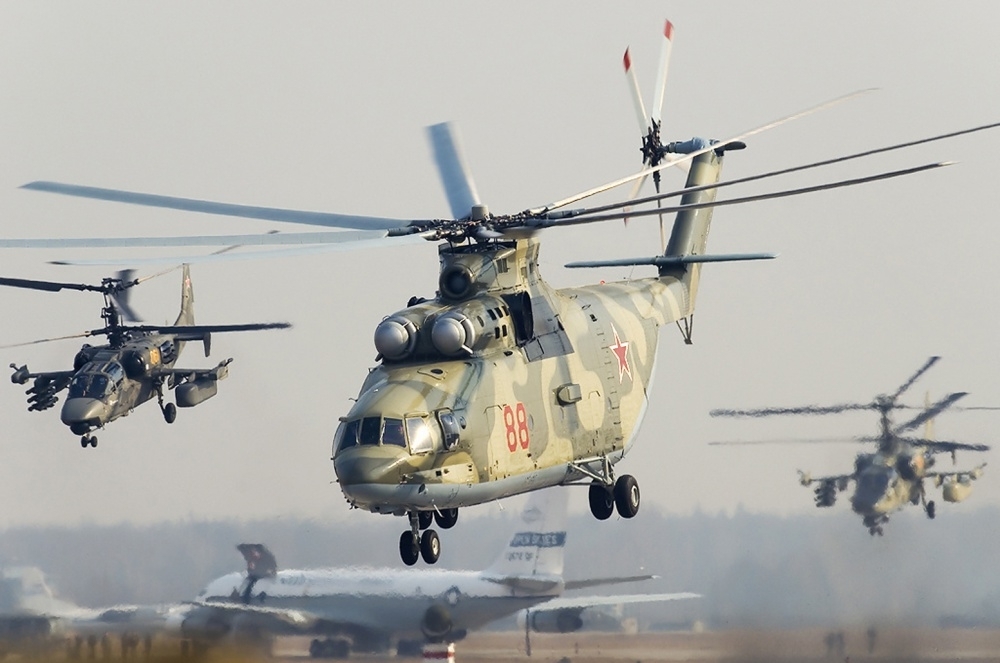Russia building world's fastest combat helicopter, maiden flight likely in 2019
The helicopter is being built by Russian Helicopters Group, part of Kremlin defence contractor Rostec.



Russian Helicopters Group (RHG), part of Rostec, a defence contractor for the Kremlin, has announced that it will debut its high-speed combat helicopter next year.
The new experimental helicopter will reach speeds of up to 400 kmph, reports Tass. If the company is able to achieve this feat, it will be the fastest helicopter in the world. As of now, the American Chinook is the fastest military helicopter in operation and it can reach speeds of up to 315 kmph. The Russian Mi-35M is the second fastest and it can fly at 310 kmph, reports Airforce Technology.
"Next year, we will continue experimental design work. We have developed quite substantial potential. The first flight tests of the experimental helicopter may take place during 2019 or closer to its end," said Rostec CEO Sergei Chemezov.
The helicopter is being developed by Mil Moscow Helicopter Plant, part of RHG. It is carrying out research and development work on the combat helicopter, which is expected to have "great potential" for Russia's military wings.
Some of the technology that will eventually go into the helicopter has reportedly already been put to test in vehicles produced by the company. The company is reported to have built from the ground up a brand new, revolutionary design for the gunship's main rotors and blades.
Helicopters play a vital role in any country's military. They have a quick response time, do not require excessive landing strips and are efficient in the delivery of goods, supplies, and personnel. What they lack, however, is range and speed. If RHG is able to reach the speeds they claim, it could be seen as a gamechanger as far as combat helicopters go.
Last year, Rostec released plans for building an all-electric tilt-rotor helicopter which it claimed will be ready by 2019.
The US recently updated its Apache gunships and deployed 24 upgraded helicopters in Ukraine in response to Russian presence in the region.





















